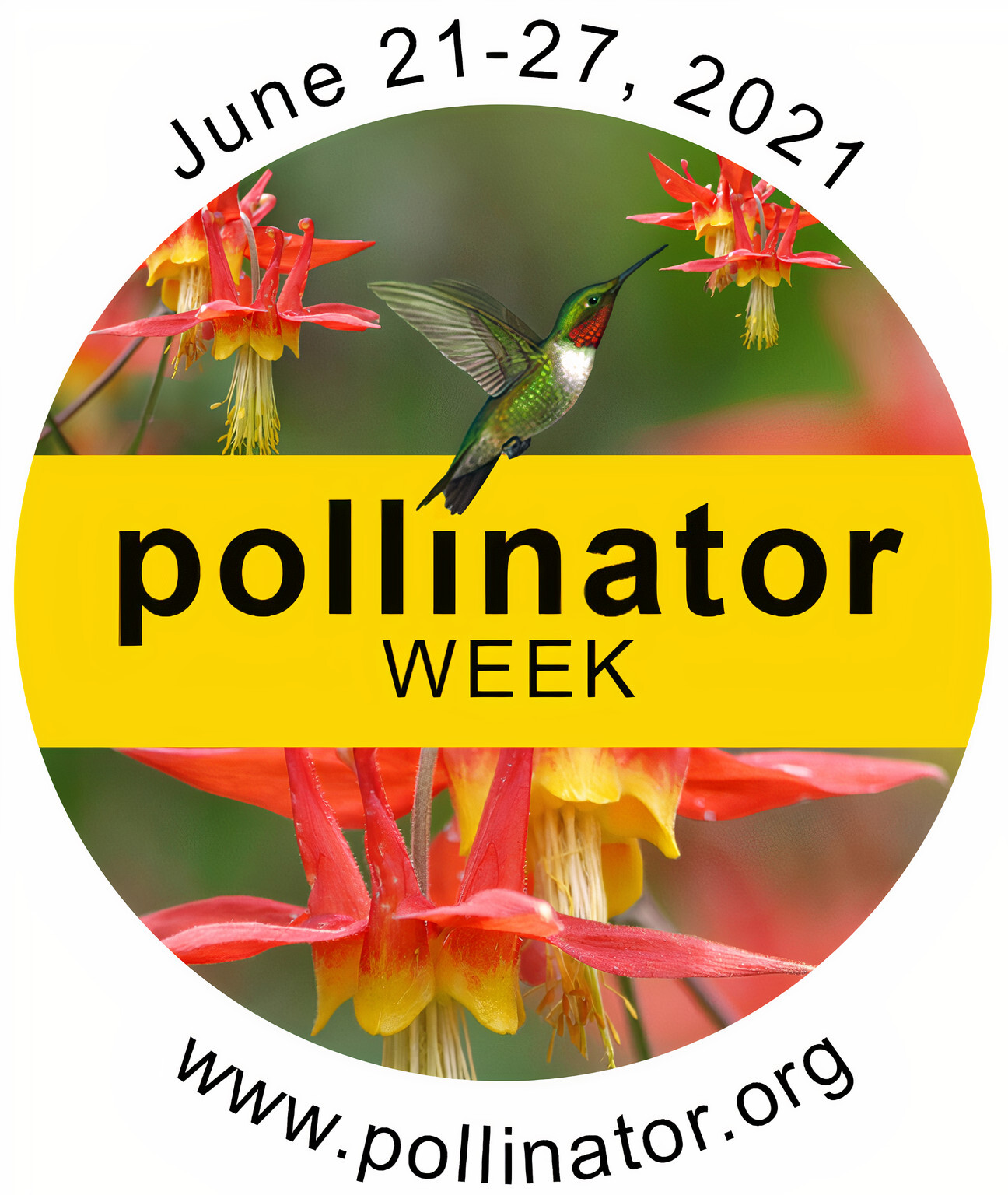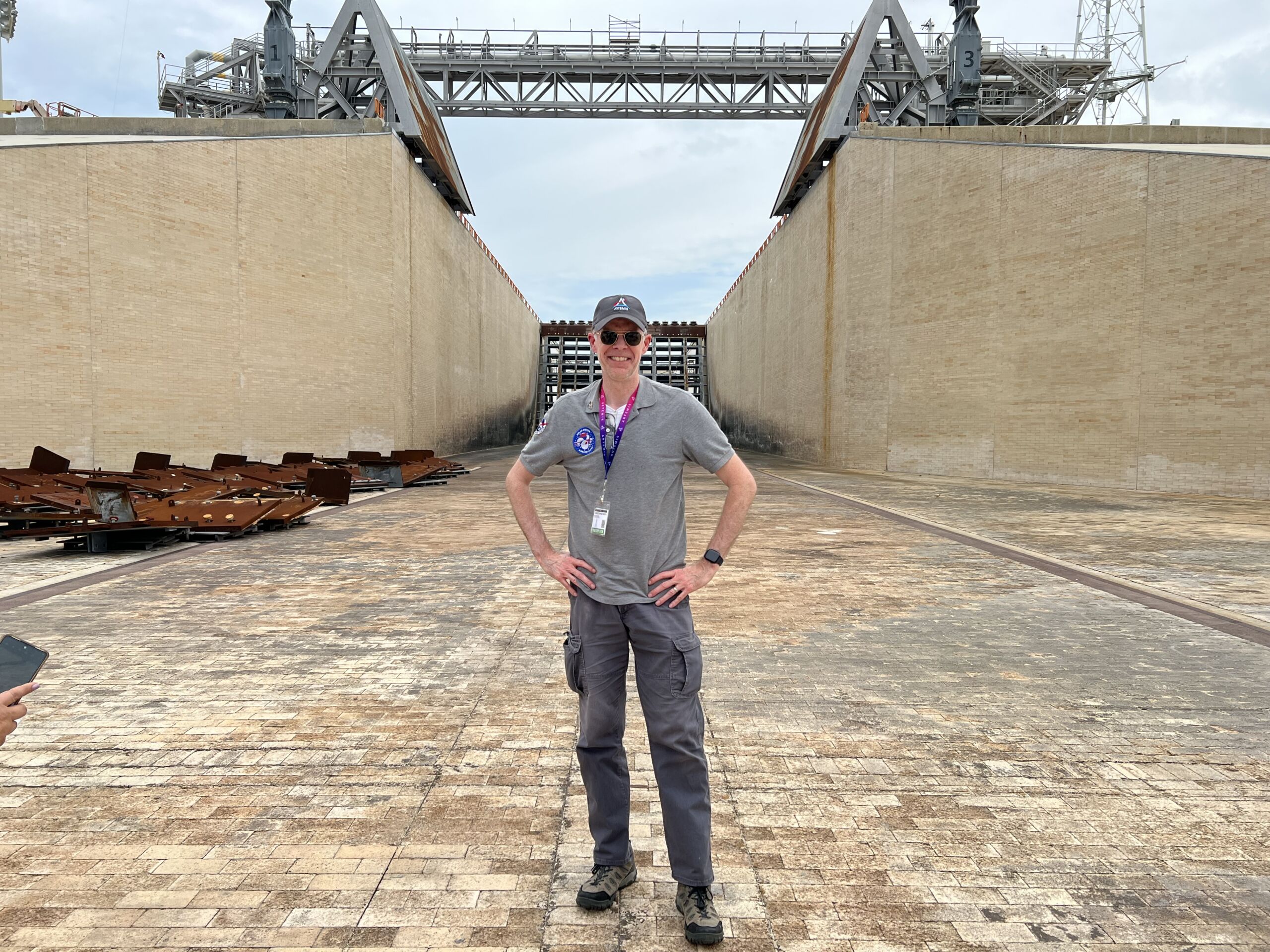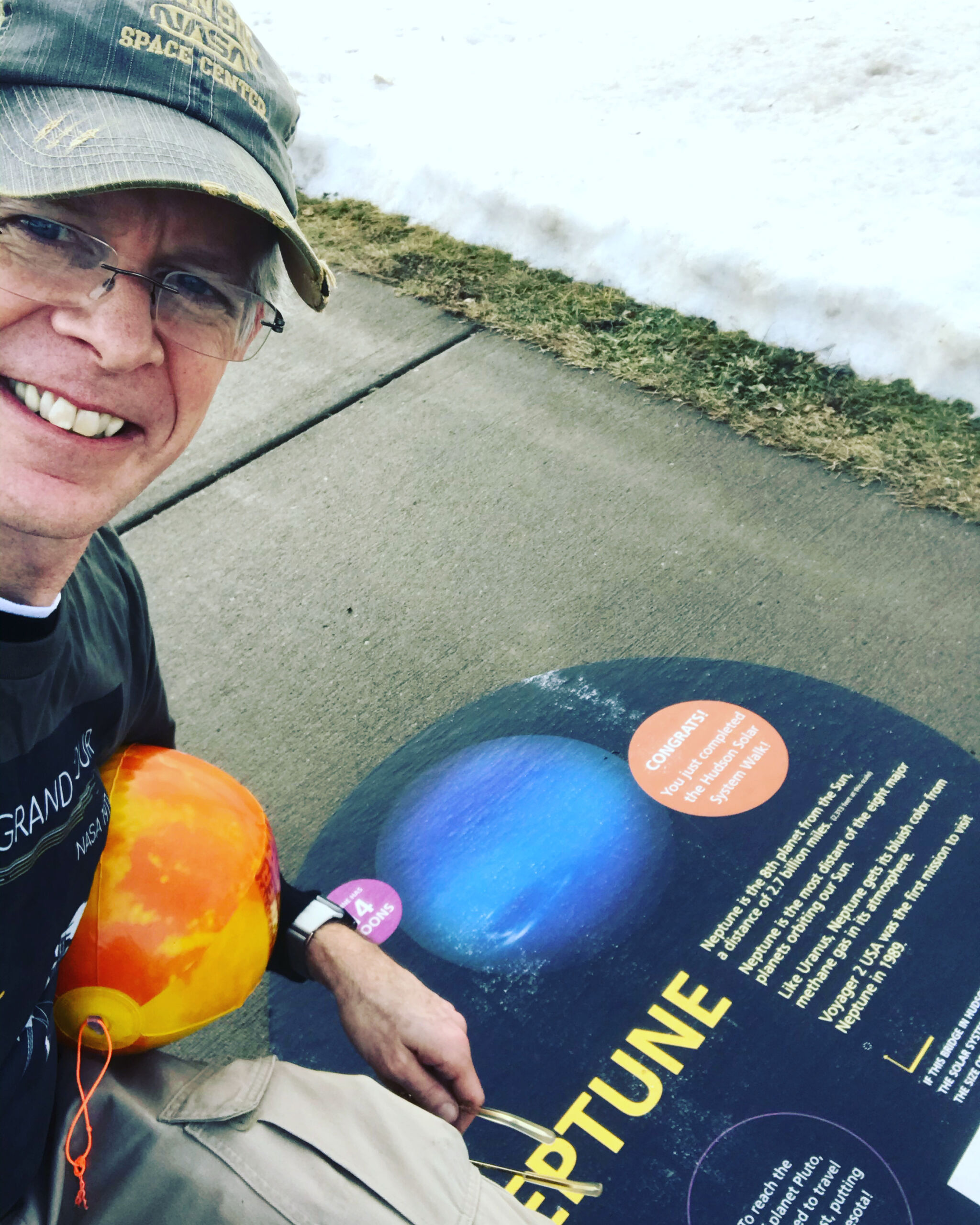Pollinating insects are the superstars of the insect world. Everyone wants to save the bees and butterflies. They should, too. Pollinating insects are incredibly important to our livelihood and our environment. More people are starting backyard beehives, or raise and release butterfly kits as the popularity of pollinators grows. Pollen has plant specific shapes and sizes, and a single bee will specialize in a few particular plant species. Approximately one out of three bites of food or beverages we consume is a direct cause of pollination. Without pollinators, we would not only lose a significant amount of food diversity and security, but our air and soil quality would decline as well.


Bees are said to be responsible for 80% of US crop pollination, including alfalfa and clover feed for livestock. Although they are not listed as endangered, they are susceptible to mites, disease, pesticides and other dangers responsible for their declining numbers. The amount of honeybee colonies per hectare has declined 90% since 1962. Butterflies are also at risk to environmental factors and are bioindicators for pesticides and habitat loss. They pollinate plants, and also control plant spread in the caterpillar phase and become food to other species.
Because butterflies and bees are so well known, it is easy to find a citizen science opportunity. You can help experts identify different flower habitats that pollinating insects prefer. Monarch Watch features citizen science opportunities as well as ideas for conservation, gardening and education. The Monarch Larva Monitoring Project is collecting locations of milkweed, and monarch egg and caterpillar sightings. They provide training to be a monitor. The Great Sunflower Project asks participants to count both flowers and visiting pollinators to help their cause. Beespotter asks for bee sightings and need more volunteers. There have only been 32 documented sightings this year!
Save the date! Pollinator Week is June 21-27! The official website has so many registered activities to participate in, and ideas to create your own event!

Pollinator watching has never been more accessible to citizen scientists. There are so many opportunities, local through global, to help not only your own community, but the whole planet. Happy hunting!




Leave A Comment